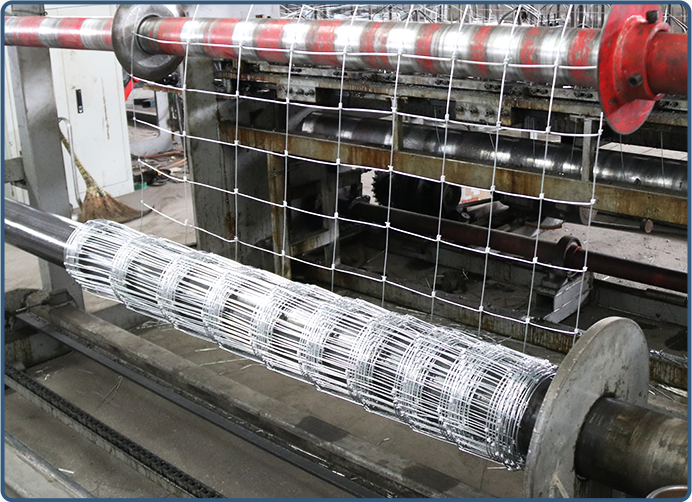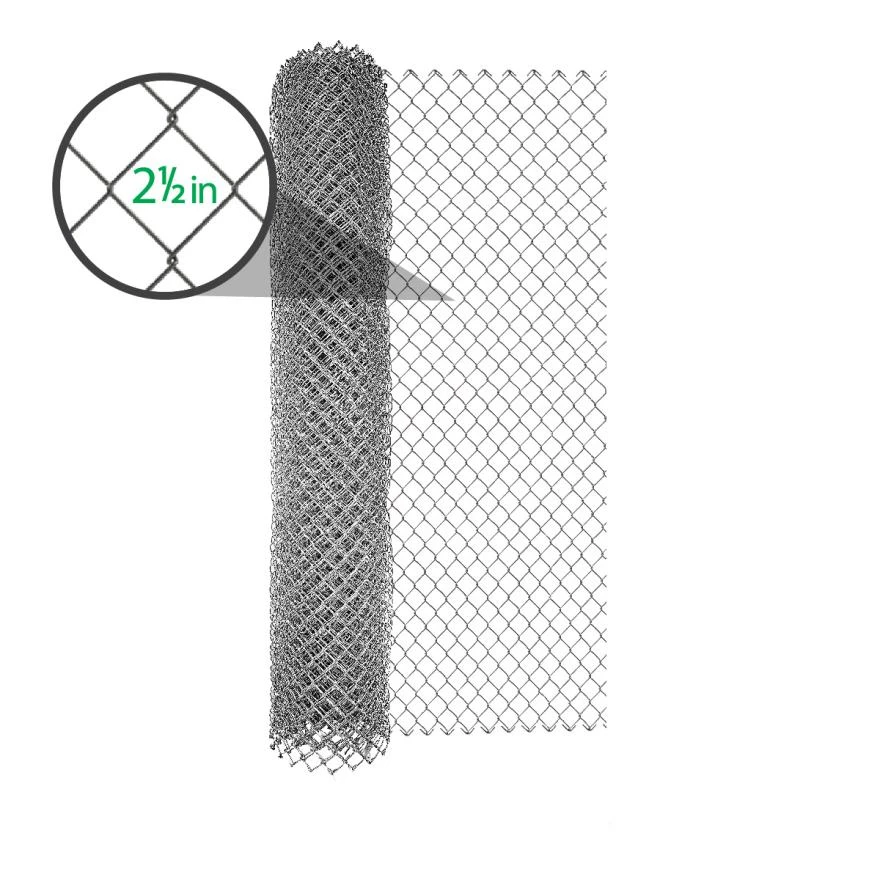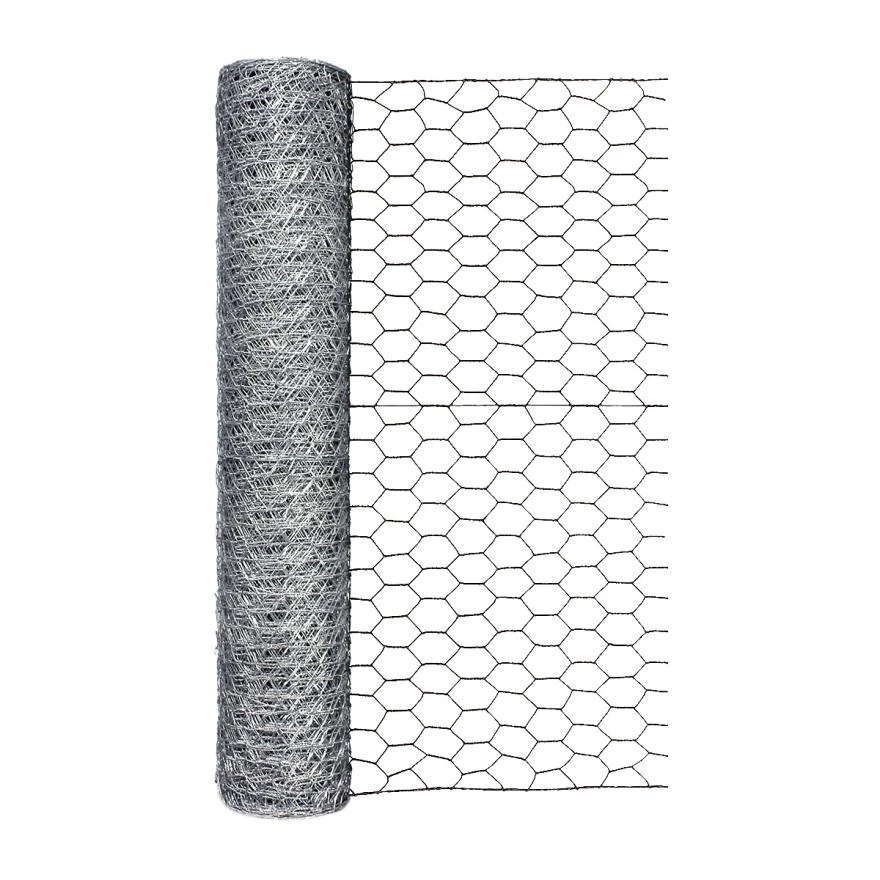Understanding Trailer Axles and Leaf Spring Mechanics for Optimal Performance
8 月 . 17, 2024 02:16
The Importance of Trailer Axles and Leaf Springs in Vehicle Performance
When it comes to towing heavy loads, the components of a trailer play a critical role in ensuring safety and efficiency. Among these components, trailer axles and leaf springs are essential in maintaining the structural integrity and performance of trailers. Understanding how these elements work together can help trailer owners make more informed decisions regarding maintenance and upgrades.
Trailer Axles The Backbone of the Trailer
Trailer axles serve as the backbone of the trailer. They are responsible for supporting the weight of the trailer and its cargo while also ensuring stability and balance during transport. An axle's design and build can significantly impact the trailer's performance, influencing factors such as load capacity, towing stability, and overall safety.
There are primarily two types of trailer axles straight axles and drop axles. Straight axles are often used in traditional trailers, while drop axles provide a lower ride height, improving stability and loading capabilities. Choosing the right axle type for a specific application depends on the trailer's intended use, the weight it needs to carry, and the type of vehicle that will tow it.
Leaf Springs The Key to Suspension
Leaf springs are a vital part of a trailer's suspension system. They consist of several layers or 'leaves' made of flexible material, usually steel, that work together to absorb shock and support the weight of the trailer. The design of leaf springs allows them to flex as the trailer moves over uneven terrain, providing a smoother ride and reducing wear and tear on the trailer components.
Leaf springs also play a crucial role in maintaining the trailer's alignment while it is in motion. Proper alignment ensures that the tires wear evenly and that the trailer handles predictably. When a trailer experiences significant load shifts or bumps, leaf springs work to keep all wheels on the ground for better traction and control.
trailer axle and leaf springs

The Synergy Between Axles and Leaf Springs
The combination of axle and leaf spring systems ultimately determines the trailer's ability to handle various loads and driving conditions. When a trailer is loaded, the weight is distributed across the axles, and the leaf springs flex accordingly to maintain balance. If the leaf springs are worn or damaged, the trailer may struggle to maintain stable contact with the road, increasing the risk of accidents.
Additionally, the correct match between axle and leaf spring specifications is crucial for optimal performance. Overloading the trailer or using mismatched components can lead to premature failure of the suspension system, causing costly repairs and potentially dangerous situations on the road.
Maintenance and Upgrades
To ensure the longevity and performance of trailer axles and leaf springs, regular maintenance is necessary. Inspecting the components for signs of wear, such as cracks in the springs or bending in the axles, helps prevent unexpected breakdowns during towing. Lubrication of moving parts and periodic adjustments can also contribute to the overall health of the suspension system.
For those looking to upgrade their trailer's performance, considering high-quality axles and leaf springs is essential. Upgrading to heavier-duty axles or tougher leaf springs can improve load capacity, enhance stability, and provide a smoother ride. Additionally, choosing parts specifically designed for the intended purpose of the trailer can make a substantial difference in functionality and safety.
Conclusion
In conclusion, the importance of trailer axles and leaf springs cannot be overstated. They are fundamental components that ensure the safety, stability, and performance of trailers. A well-maintained suspension system not only extends the life of a trailer but also enhances the towing experience. By understanding the functions and importance of these components, trailer owners can make informed choices that lead to safer and more efficient towing.









 Unity
Unity Creation
Creation Challenge
Challenge Contribution
Contribution










